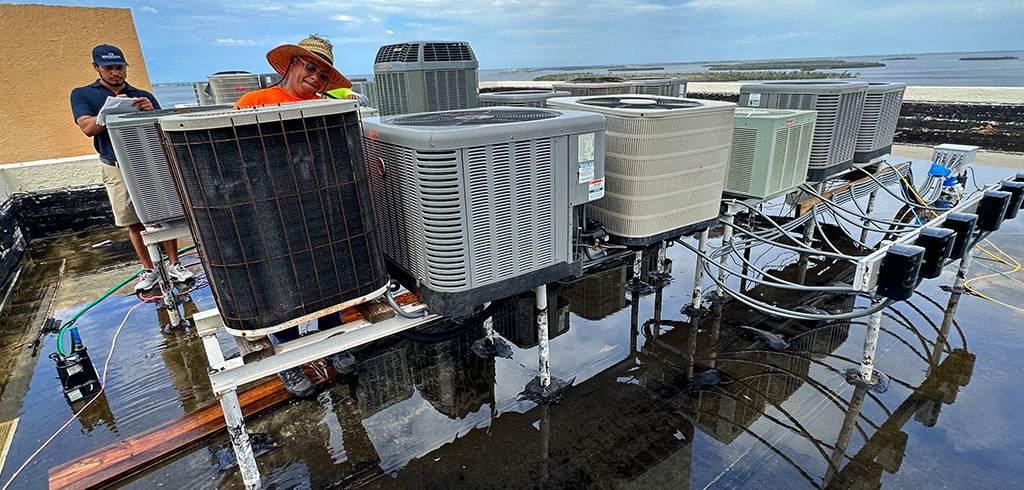How Often Are Buildings Inspected In Florida?

Are you a Florida resident living in an older building? Have you ever wondered to yourself “How often are buildings inspected?” Here are some answers.
Building inspections are important to help provide for the safety, structural integrity, and code compliance of structures in Florida. The frequency of inspections varies depending on several things, including the type of building, its occupancy classification, and local regulations.
Routine Inspections
Routine inspections are conducted periodically to assess the condition of buildings and verify compliance with building codes, ordinances, and regulations. These inspections may cover any number of aspects of building construction, including structural integrity, electrical systems, plumbing, fire safety, and accessibility.
The frequency of routine inspections can differ depending on the building’s occupancy classification, with high-occupancy buildings often being subject to more frequent inspections than low-occupancy structures.
Annual Inspections
Many jurisdictions in Florida require annual inspections for certain types of buildings, like commercial properties, multifamily residential buildings, and public facilities. Annual inspections help make sure buildings remain safe, habitable, and compliant with building codes and regulations.
These inspections may include checks of structural elements, mechanical systems, fire protection measures, and life safety features.
Special Inspections
Special inspections are conducted in response to specific events, conditions, or regulatory requirements. Examples of special inspections include pre-construction inspections, progress inspections during construction, and final inspections upon completion of a building project.
Special inspections may also be required for certain building components or systems, like elevators, fire alarms, and sprinkler systems, to verify compliance with applicable standards and regulations.
Code Compliance Inspections
Code compliance inspections are conducted to make sure buildings and construction projects adhere to applicable building codes, zoning ordinances, and regulatory requirements. These inspections may be conducted by local building departments, code enforcement agencies, or third-party inspectors authorized by the jurisdiction.
Code compliance inspections verify that construction work meets minimum safety standards, design specifications, and quality requirements specified in the building code.
Milestone Inspections
Milestone inspections are conducted at key stages of the construction process to verify compliance with regulatory requirements. It examines if construction work proceeds according to approved plans and specifications. Many milestone inspections include foundation inspections, framing inspections, plumbing rough-in inspections, electrical rough-in inspections, and final inspections.
These inspections help identify potential issues early in the construction process and prevent costly delays or rework.
Variances and Exemptions
In some cases, building owners may want variances or exemptions from routine inspection requirements based on specific circumstances or conditions. Variances may be granted for buildings with unique design features, historic properties, or alternative construction methods that deviate from standard building code requirements.
Exemptions may also be granted for certain types of buildings or structures that pose minimal risk to public safety or have limited occupancy.
Frequency of Building Inspections: What You Need to Know
Regular building inspections are necessary for maintaining structural integrity and compliance. Stone Building Solutions recommends conducting complete inspections every 3-5 years, depending on the building’s age and usage.
We have over 20 years of experience in Structural Engineering & Assessments and Construction Monitoring! We make sure thorough evaluations to identify and address potential issues early.
For reliable building inspections, call 407-663-5312 or email us at info@stonebldg.com today.
